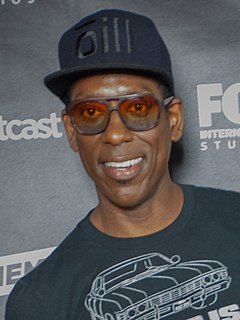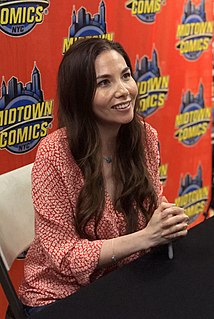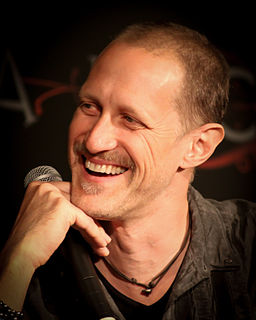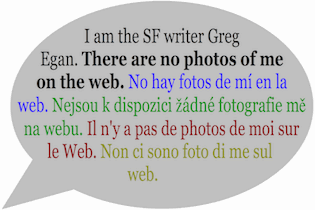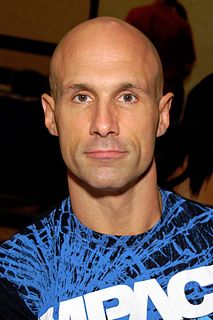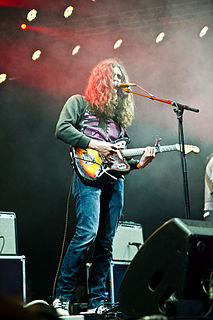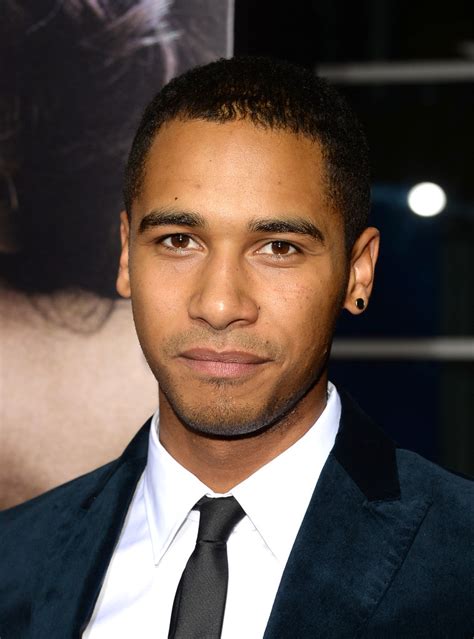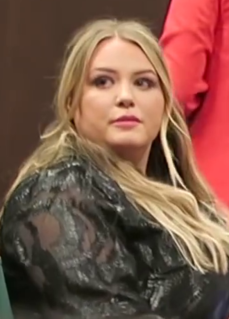A Quote by Orlando Jones
I've been in fandom for a really long time. Back in the day, you had to go to a con to engage in fandom, and that was really the only way.
Related Quotes
I've been going to San Diego's Comic-Con every year since 2007 or 2008. The first time I went it was an overwhelming experience because I wasn't expecting all the people; I wasn't even expecting all the joy. I came from a background where, when I was about eighteen or nineteen, I found comic-book fandom. But it was the fandom of online communities. And within those communities there was a tremendous amount of excitement and joy, but I'd never been around people in such a large group setting where this joy was pouring out of them. It was a revelation.
If I went for a long period in my life where I was unemployed and I was unable to make a living and the only way for me to basically provide for my family was, "Hey, we're bringing Lost back!", then I would probably consider it. But I feel like it would be a betrayal to the fandom, and myself, to do anymore Lost, because we had such an adequate period of time to end the show.
This is going to sound really corny, but it's the way I feel: Musicians have been around for a really long time. It's a really, really old job. When you look at the way that a small band toured back in the '50s, it's similar to the way that a small band tours now. It's been this long tradition, and when you meet somebody who has been doing this for a really long time, you have to have tremendous respect for them.
I like New York. I like Philly. I like San Fran. I like when people are stoked. But Chicago's a real music town, and they're really good to us there. There's just something in the air there; people are just really stoked about music. Every time I go there, I have a great time, and the fandom is really heartwarming.
